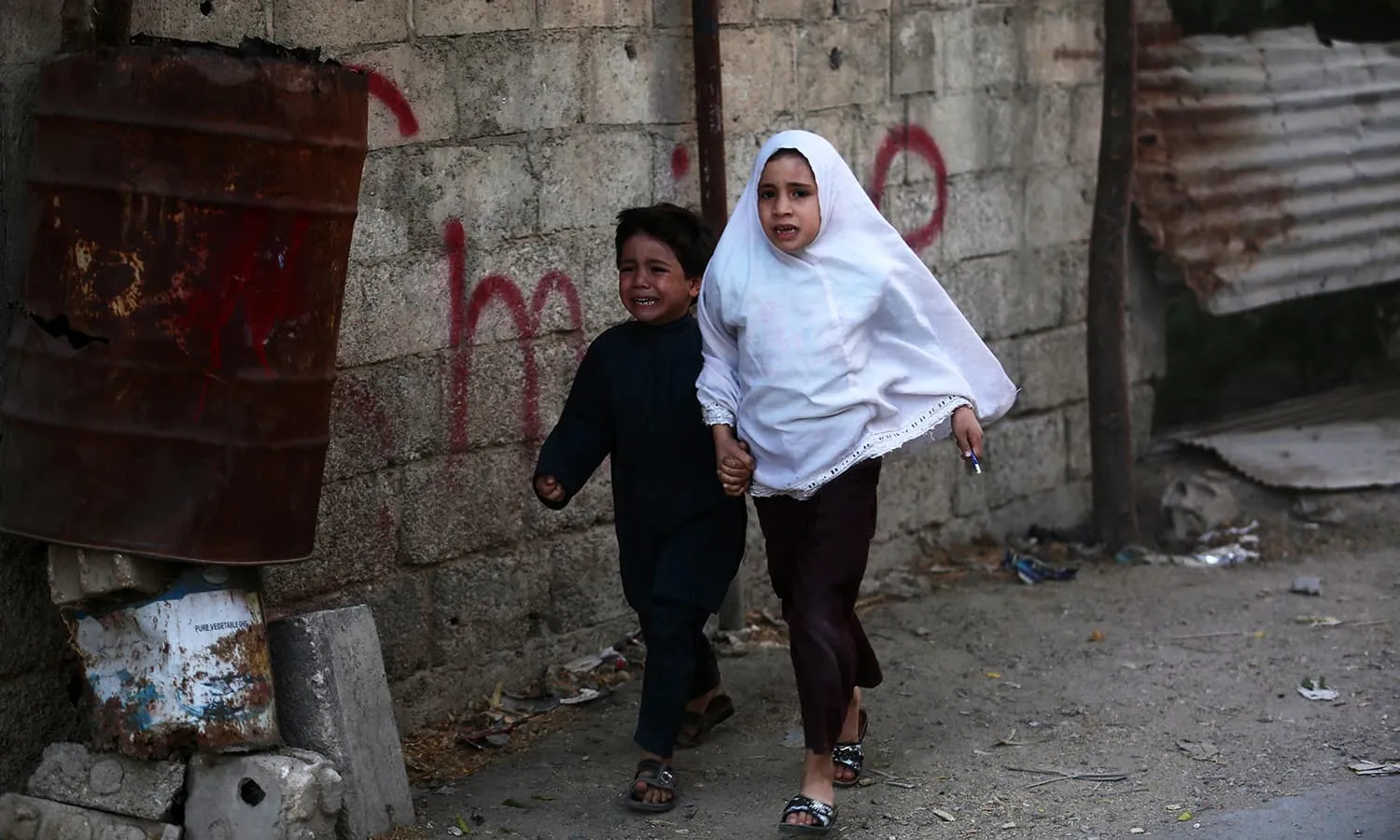Fierce clashes accompanied by large explosions and extensive airstrikes on eastern Ghouta and Idlib erupted on the eve of the Syrian National Dialogue Congress scheduled for Monday in the Russian Black Sea resort of Sochi.
Local sources said that warplanes and helicopters have been pounding the city of Saraqeb in the countryside of Idlib since early Sunday, using missiles and explosive barrels.
On Sunday, the Syrian Observatory for Human Rights and Hezbollah’s media outlets spoke about the resumption of fighting in the eastern Ghouta area, despite a previous announcement of a ceasefire. The Observatory said regime forces fired dozens of missiles and dropped bombs on the area.
Speaking to Asharq Al-Awsat, Mohammed Alloush, a senior member of Jaish al-Islam, denied there was any “ceasefire agreement concerning Ghouta.”
Alloush said there had been a Russian initiative that was never implemented on the ground.
For his part, Wael Alwan, spokesperson of Faylak al-Rahman Corps said the military escalation in Ghouta came after regime forces tried to enter the Vehicle Management base in the city of Harasta.
However, Alwan said that opposition factions repulsed their attack, adding that talks about a ceasefire in Ghouta were a mere Russian media ploy.
“The ceasefire was only used to put pressure on the opposition to participate in the Sochi congress,” Alwan said.
Amid the widening escalation, Syrian opposition factions in Ghouta announced the start of the third stage of their battle against regime forces and their allies.
“Today, the third stage of our battle started by attacking regime forces in the vicinity of the Vehicle Management base in Harasta,” an opposition military commander in the countryside of Damascus told the German news agency on Sunday.
He also said 13 regime forces were killed in a car bombing that targeted one of their advanced positions in the area.









